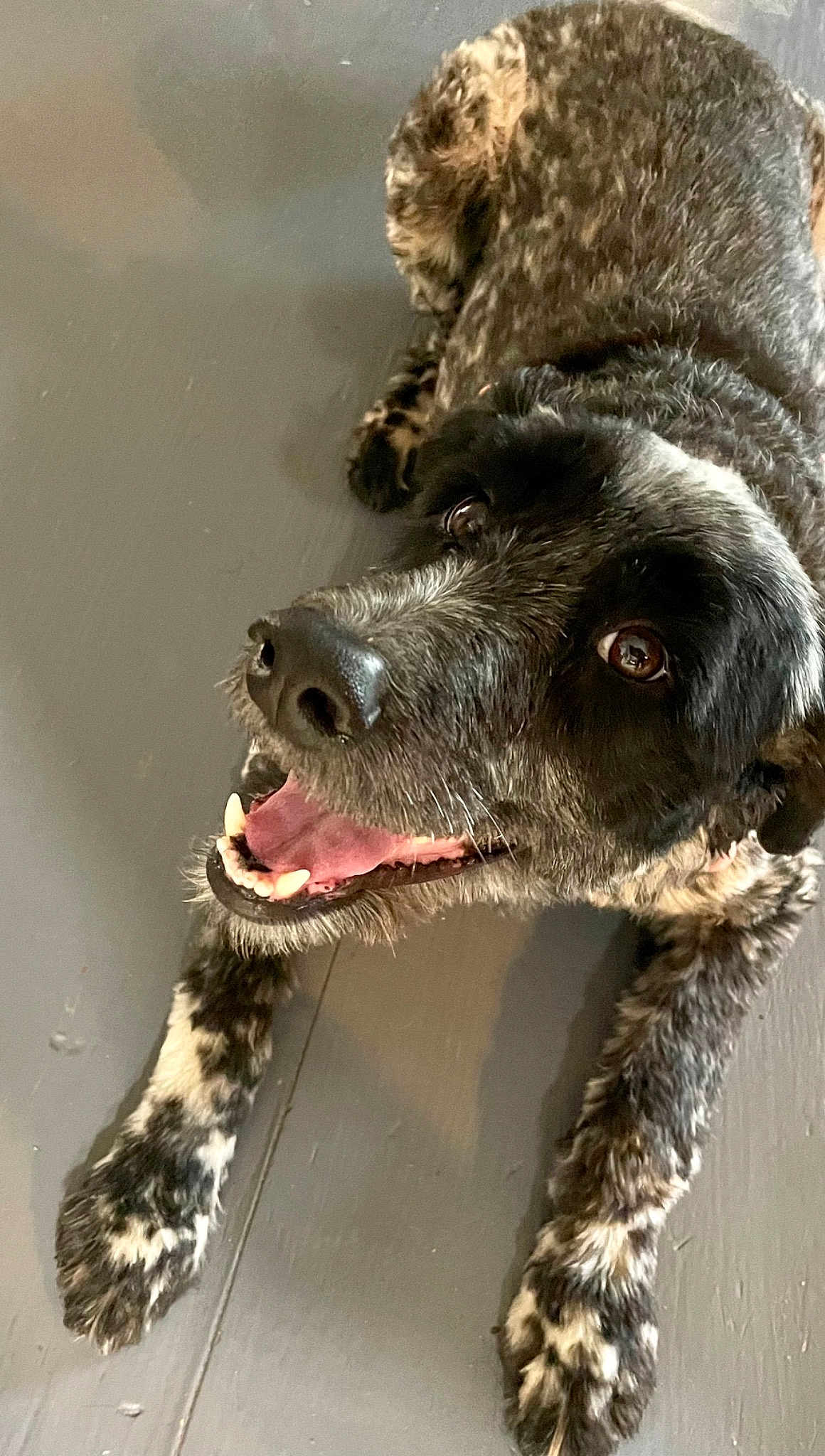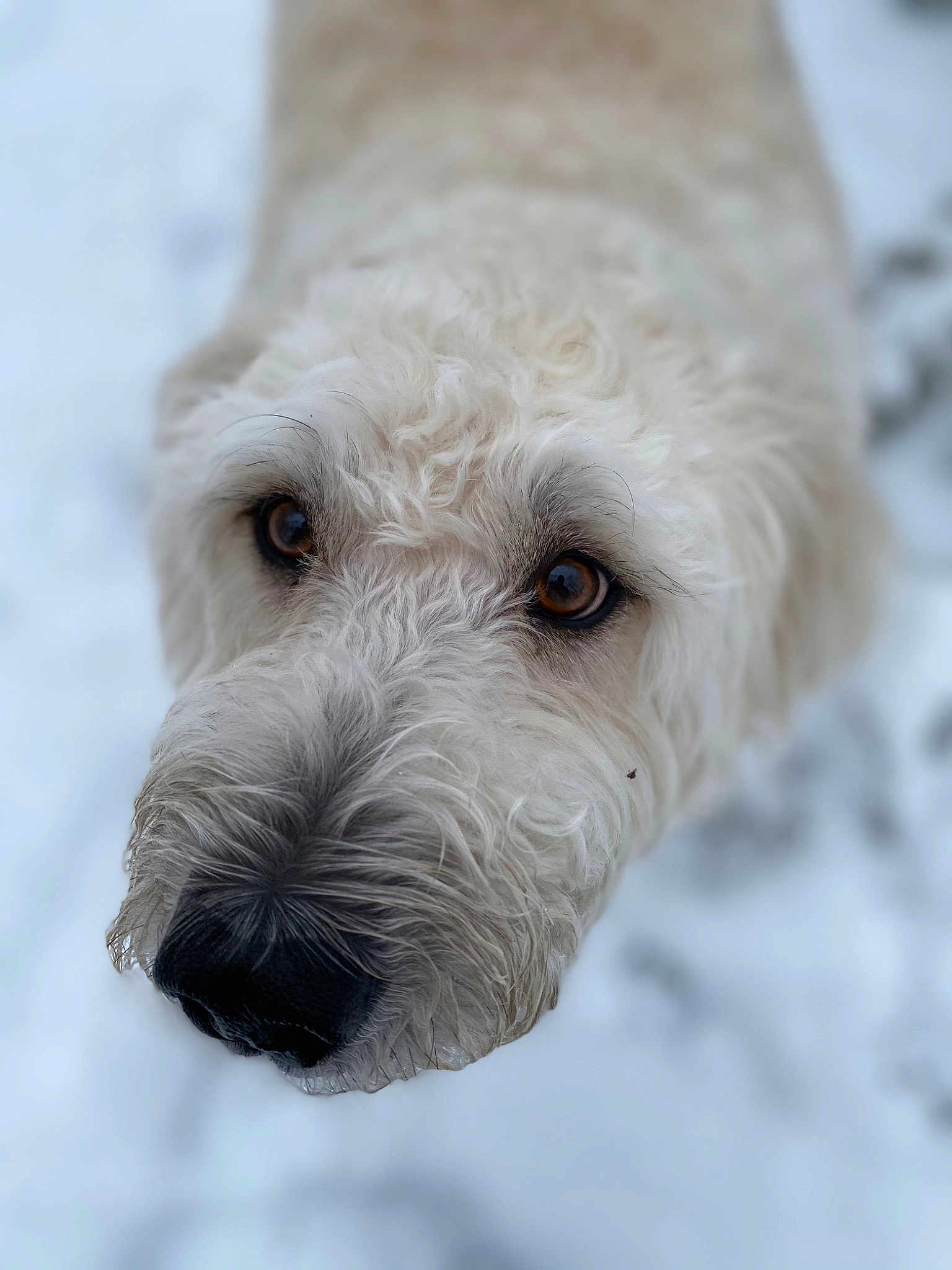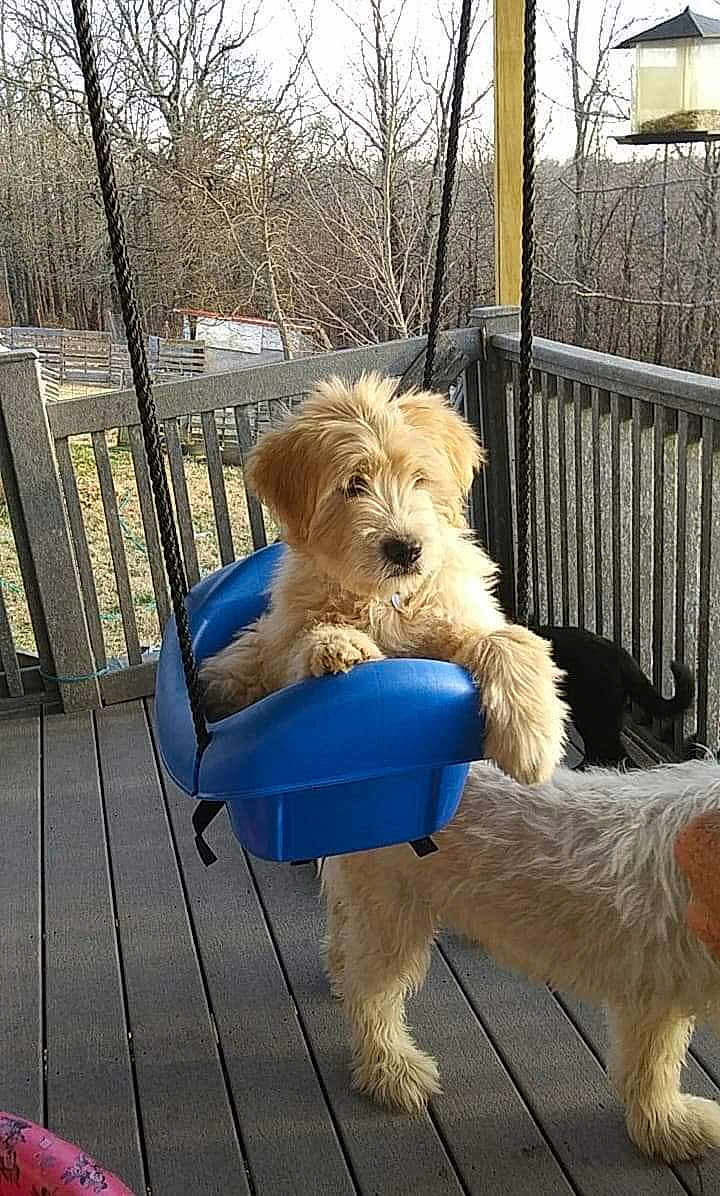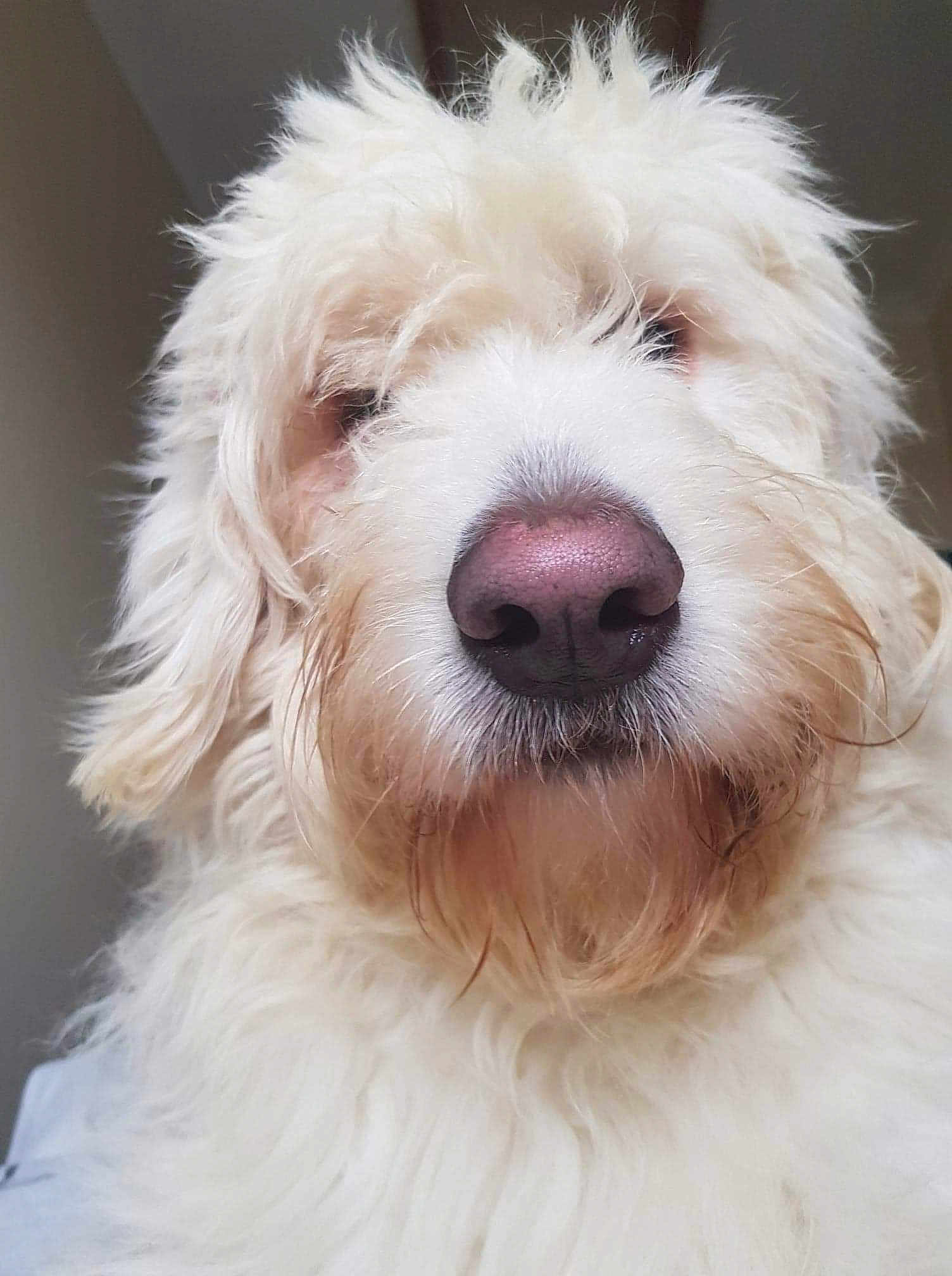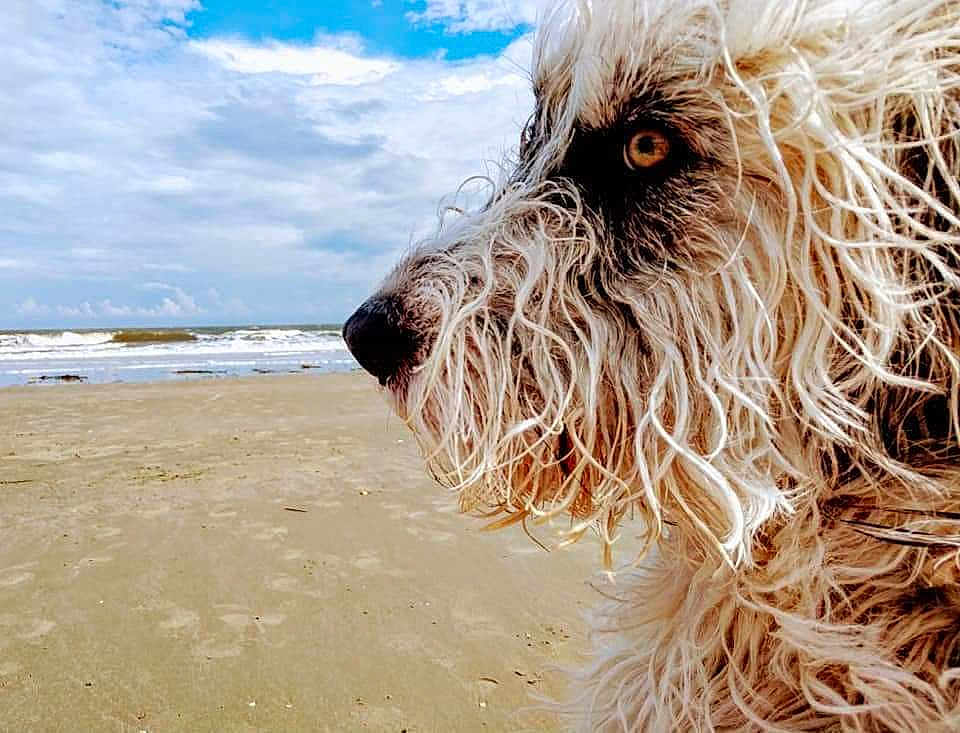
The Komondor: The Living Mop of the Dog World
Did you know that the Komondor, with its unique corded coat, is often referred to as the "living mop" of the canine world? This fascinating breed has a rich history and an array of captivating characteristics that make it stand out among the vast variety of dog breeds. Dogs like the Komondor are not only cherished for their unique physical traits but also for their distinct personalities and valuable roles in history.
Personality and Behavior of the Komondor
Komondors are known for their excellent guarding instincts, intelligence, and loyalty. Historically bred to guard livestock, these dogs have a heightened sense of territory and protection. They are naturally wary of strangers, which makes them superb guard dogs for homes and farms alike. However, beneath their protective exterior lies a deeply affectionate and loyal companion for those fortunate enough to earn their trust.
These dogs are incredibly intelligent and often show a strong sense of independence. This can sometimes pose a challenge for first-time dog owners, as Komondors may not always be eager to please. They thrive in environments where they have a clear purpose and plenty of mental stimulation. Notably, a lack of proper socialization can lead to behavioral issues, so early and continuous social interaction is crucial.
In terms of energy levels, Komondors are relatively calm indoors but require regular exercise to stay healthy and happy. They enjoy outdoor activities and need space to move, ideally in a secure yard where they can roam freely. Their herding background means they are naturally alert and can spring into action if they sense a threat.
One of the most remarkable traits of the Komondor is its instinctual ability to protect its flock or family without being explicitly trained to do so. This inherent guardian instinct has been honed over centuries and is a testament to the breed's historical significance.
Meanings, History and Origins of the name Komondor
The name "Komondor" is derived from the Hungarian language, reflecting the breed's deep roots in Hungarian culture. The breed is believed to have been brought to Hungary by nomadic tribes around 1,000 years ago, primarily used as a guardian of sheep and cattle.
Komondors were particularly prized for their ability to blend in with sheep flocks, thanks to their distinct, white, corded coats, making it difficult for predators to spot them. This natural camouflage, coupled with their fierce protective instincts, made them invaluable assets in keeping livestock safe from wolves and other predators.
The corded coat of the Komondor also serves a practical purpose beyond camouflage—it protects against harsh weather and bites from predators. Over time, this unique coat has become one of the defining characteristics of the breed, requiring careful maintenance to prevent matting and dirt accumulation.
While the breed’s origins are firmly rooted in Central Europe, particularly Hungary, the unique look and compelling history of the Komondor have led to its spread to various parts of the world. Each Komondor's cords are unique, much like human fingerprints, providing an even deeper sense of individuality within the breed.
Popularity of the Komondor
While not the most commonly found breed in the average household, the Komondor has a dedicated following, particularly among those who appreciate its unique qualities and historical significance. In Hungary, the Komondor remains a beloved national breed, often found in rural areas fulfilling its traditional role as a livestock guardian.
In English-speaking countries, the breed has seen a steady increase in popularity due to its distinctive appearance and strong protective nature. The American Kennel Club (AKC) recognized the Komondor in 1937, bringing further attention to this unique breed. However, the Komondor's specific care needs, particularly its coat maintenance, can be a deterrent for some potential owners.
Globally, the breed enjoys a niche yet enthusiastic following. Komondor clubs and associations in various countries work diligently to preserve the breed's characteristics and promote responsible breeding practices. These efforts have led to a growing awareness and appreciation of the Komondor's unique qualities.
In recent years, the advent of social media and online dog contests on platforms like KingPet have provided a stage for Komondor owners to showcase the uniqueness of their pets. This visibility has undoubtedly contributed to the breed's growing popularity, highlighting their charm beyond just their practical uses.
Health and Care of the Komondor
Taking care of a Komondor involves understanding its specific health and grooming needs. One of the most distinctive aspects of owning a Komondor is managing its corded coat. The cords form naturally as the puppy matures, and regular upkeep is essential to ensure that these cords remain clean and parasite-free. Bathing a Komondor can be quite an undertaking due to its heavy, absorbent coat, and drying can take a significant amount of time.
Beyond coat care, Komondors are generally healthy dogs but, like all breeds, they are prone to certain health conditions. Hip dysplasia, a common issue in large breeds, can affect Komondors, so regular vet check-ups and maintaining a healthy weight are crucial. They can also be prone to bloat, a serious condition that requires immediate veterinary attention.
Diet plays a vital role in maintaining the health of a Komondor. A balanced diet, rich in high-quality protein and nutrients, supports their overall health and wellbeing. Due to their size, they require a considerable amount of food, but it is essential to monitor their intake to prevent obesity, which can exacerbate joint issues.
Routine veterinary check-ups and keeping up-to-date with vaccinations and preventative care are essential. Regular physical activity is also necessary to maintain their health, providing both exercise and mental stimulation.
Training and Education of the Komondor
Training a Komondor requires patience, consistency, and an understanding of the breed's independent nature. Early socialization is critical to ensure they grow into well-adjusted adults. Positive reinforcement techniques tend to work best, as Komondors do not respond well to harsh training methods. Utilizing treats, praise, and play as rewards can help encourage desired behaviors.
Given their history as independent workers, Komondors may exhibit a streak of stubbornness. Establishing clear boundaries and commands early on can help mitigate potential behavioral issues. Consistency in training sessions is key, as is ensuring that the training is engaging and mentally stimulating for the dog.
Obedience training should start early to instill discipline and reinforce the owner’s role as leader. Socialization is equally important, exposing the young Komondor to various environments, people, and other animals to build confidence and reduce wariness.
Komondors also benefit greatly from tasks and activities that engage their minds. Puzzle toys, advanced obedience training, and activities that mimic herding can provide the mental stimulus they crave. This breed excels when given a purpose, and training sessions should be structured to fulfill this need.
Choosing the right dog for your home and lifestyle involves careful consideration of multiple factors, including the dog’s temperament, care needs, and compatibility with your family dynamics. The Komondor, with its unique blend of loyalty, intelligence, and guarding instinct, can be a wonderful addition to the right household.
In conclusion, the Komondor remains a breed of timeless significance. Its historical role as a protector, combined with its distinctive appearance, makes it stand out in the canine world. At KingPet, we celebrate the diversity and uniqueness of all dog breeds, including the remarkable Komondor. If you are considering a Komondor, you’ll find an unwaveringly loyal and protective companion, perfectly suited for families that can appreciate and meet its specific needs.



